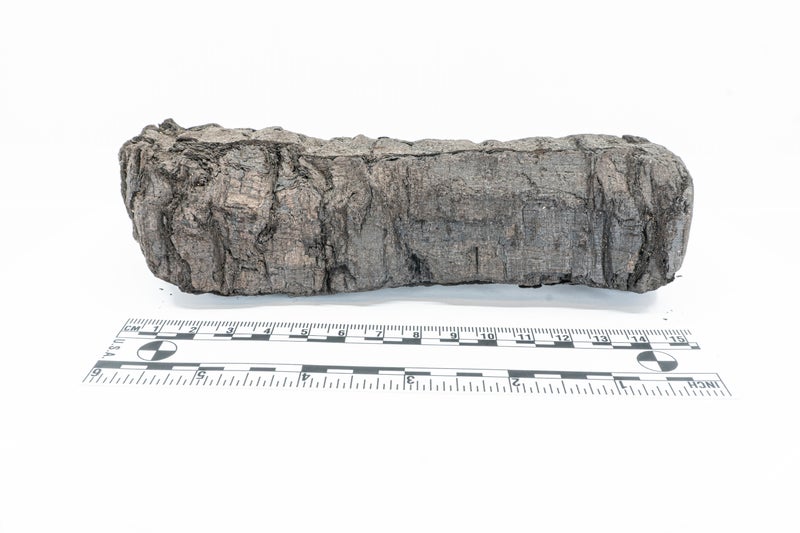Lead pollution in ancient Rome may have lowered IQ levels, study finds Lead pollution in ancient Rome may have dropped the average IQ by up to three points, a new study has found.
However, back in antiquity lead was widely used in glazed table wares, paints, cosmetics, and was intentionally ingested as well as being present in air pollution from the mining and smelting of silver and lead ores, that the paper claimed "underpinned the Roman economy".
"An IQ reduction of 2 to 3 points doesn't sound like much, but when you apply that to essentially the entire European population, it's kind of a big deal," said Nathan Chellman, the study's co-author and assistant research professor of snow and ice hydrology at the Desert Research Institute (DRI).
Researchers used modern studies of lead exposure to determine how much of the chemical element would have likely ended up in the bloodstreams of Roman people and the impacts this would have had on their cognitive functions.
In the paper, published in the journal Proceedings of the National Academy of Sciences, it was concluded that the levels of background lead pollution would have been so severe at the time that they would have affected the health of much of Europe.






















